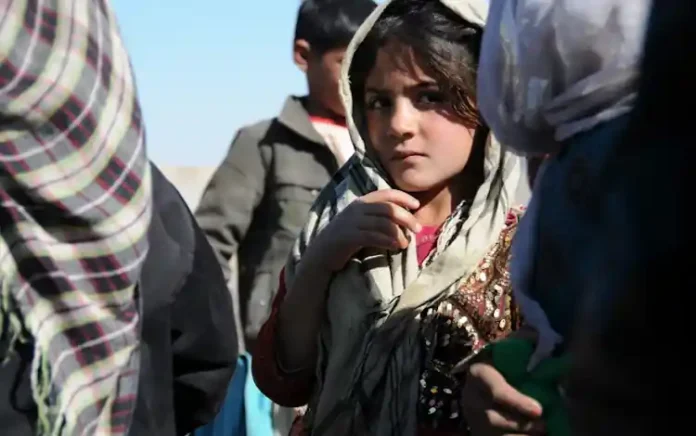
Paris, July 19, 2024 — Asylum applications in France have experienced a slowdown during the first half of 2024, according to the French Office for the Protection of Refugees and Stateless Persons (OFPRA) annual report released on July 18.
While the rate of applications has decreased, France remains aligned with the European average and lags significantly behind Germany in terms of the number of asylum seekers.
Julien Boucher, OFPRA’s director, highlighted the reduction in asylum requests this year, noting that France’s figures are nearly half of Germany’s.
Eurostat reports show that France recorded nearly 52,000 asylum applications in the first four months of 2024, a notable decrease from the previous year.
Germany, in contrast, received over 330,000 applications during the same period, emphasizing a stark disparity in the distribution of asylum seekers across Europe.
In 2023, France saw a significant rise in asylum applications, totaling over 142,500—a 9% increase from the previous year.
However, this was still below the European average increase of 18%. The predominant factors influencing these figures include the presence of established diaspora communities and the ongoing conflicts driving people to seek refuge.
Syrians, who represent Europe’s largest group of asylum seekers, have primarily chosen Germany as their destination.
The large Syrian diaspora in Germany is a key factor influencing this trend. Despite France’s efforts to manage and process asylum claims, its figures have remained relatively modest compared to Germany’s.
As for the year 2024, the slowdown in asylum requests is attributed to several factors. There has been a noticeable decline in applications from Afghan, Bangladeshi, and Turkish nationals—countries that were the top three sources of asylum seekers in 2023.
Conversely, the numbers of applicants from Ukraine, Haiti, and Sudan have surged. Ukrainian asylum seekers, many of whom have already received temporary protection, are now seeking more permanent status due to the protracted nature of the conflict in their home country.
Haitian asylum seekers, particularly from French Guiana, are fleeing severe violence and instability in Port-au-Prince. The escalating security crisis in Haiti has prompted a significant increase in asylum requests.
Similarly, Sudanese nationals are also contributing to the rise in applications as the country faces a major crisis leading to widespread forced displacement.
The shift in the origins of asylum seekers has influenced the rate of protection granted. OFPRA issued positive decisions to 33% of applicants in 2023, a notable increase from 29% in 2022.
This rising trend in granting protection is linked to the higher number of applications from countries experiencing intense conflict and instability.
On July 11, the National Court of Asylum (CNDA), the appeal body for rejected asylum requests, issued a landmark decision concerning Afghan asylum seekers.
This ruling is expected to impact future decisions by OFPRA, particularly regarding claims from individuals hailing from conflict-ridden regions.
As France navigates these evolving asylum trends, the focus remains on adapting policies to manage the changing demographics of applicants and ensuring the effective processing of claims.
The continuing conflict in several regions around the world is likely to influence future asylum patterns, posing ongoing challenges for France and its European counterparts.
This article was created using automation technology and was thoroughly edited and fact-checked by one of our editorial staff members